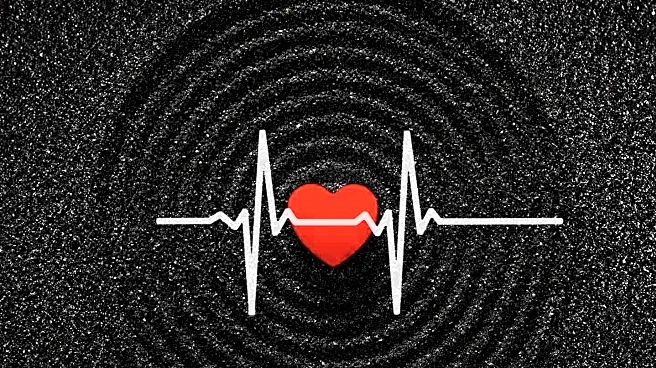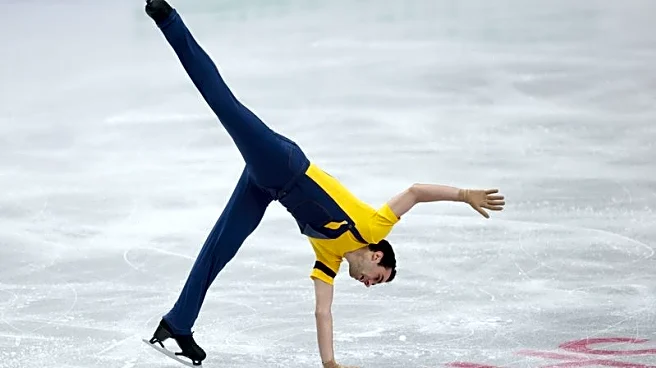What's Happening?
A recent study has examined the effectiveness of vasopressin compared to epinephrine in pediatric in-hospital cardiac arrest (IHCA) cases. The research, conducted at a single center, involved pediatric patients who received epinephrine and at least one additional dose of a vasopressor medication during cardiac arrest. The study found no statistically significant difference in the time to return of spontaneous circulation (ROSC) between vasopressin and epinephrine. However, vasopressin showed potential physiological benefits in a subset of patients, with 33% experiencing a rise in diastolic blood pressure (DBP) following its administration. Despite these findings, vasopressin did not improve overall survival rates compared to epinephrine, with only 12% of the cohort surviving to hospital discharge.
Why It's Important?
The study highlights the ongoing challenges in pediatric cardiac arrest treatment, particularly the limited effectiveness of current vasopressor options. Epinephrine remains the recommended vasopressor, but its efficacy varies among patients. The potential physiological benefits of vasopressin suggest it could be an alternative for patients who do not respond to epinephrine. This research underscores the need for further investigation into vasopressin's role in pediatric cardiac arrest, especially for patients with catecholamine-refractory shock. Understanding the specific conditions under which vasopressin may be beneficial could lead to improved treatment protocols and outcomes for pediatric cardiac arrest patients.
What's Next?
Future studies are necessary to explore vasopressin's potential benefits in larger, multicenter cohorts. Researchers aim to identify patient demographics and conditions that may respond favorably to vasopressin, particularly those with diastolic hypotension. Prospective trials focusing on epinephrine non-responders could provide clearer insights into vasopressin's efficacy. Additionally, alternative dosing strategies and earlier administration of vasopressin may be investigated to determine if these approaches yield better physiological responses and survival outcomes.
Beyond the Headlines
The study raises ethical considerations regarding treatment decisions in pediatric cardiac arrest cases. The use of vasopressin appears to be reserved for patients perceived to have limited survival potential, highlighting the need for careful evaluation of treatment options. The findings also suggest that current practices may overlook potential benefits of vasopressin due to its late administration during CPR. Addressing these issues could lead to more equitable and effective treatment strategies for all pediatric cardiac arrest patients.











